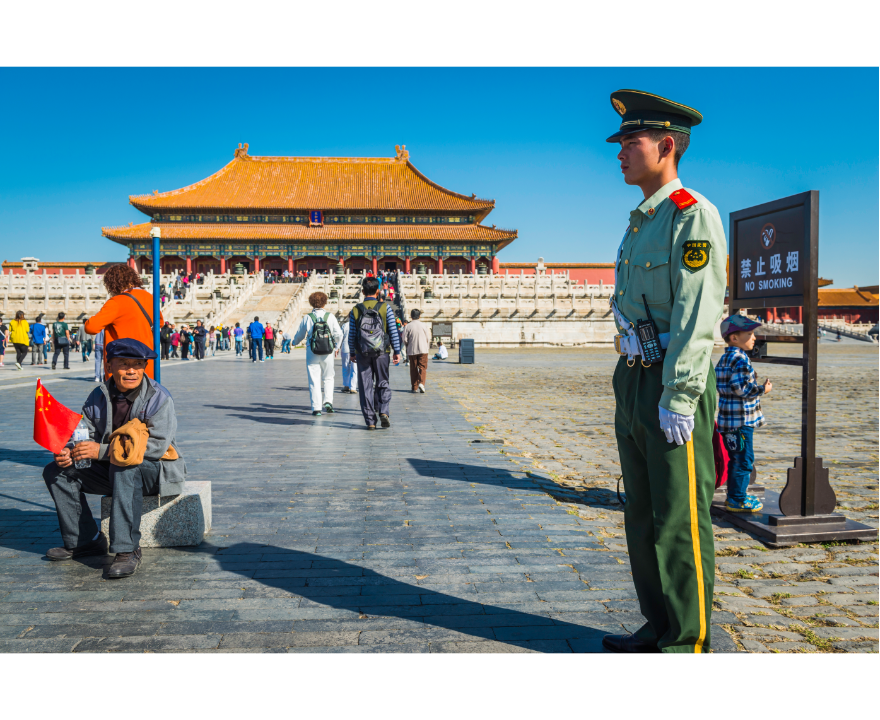Long Institute presents new journal China Law and Society Review

Long Institute presents new journal China Law and Society Review
- July 14, 2017
- Released on July 14, 2017, the China Law and Society Review presents interdisciplinary research on legal institutions, agents, and development of specialized legal areas in China
-----
A well-grounded study of law in China necessitates a vibrant pursuit. Theory only lays down the basic framework. A grasp of the practice, by institutions and by individuals, creates the building blocks needed to understand the ever-changing dimensions of law.
With its inaugural release on July 14, 2017, China Law and Society Review (Brill) takes a critical leap towards this. The premier volume establishes the call for a conscientious lens on various interconnected elements that shape China’s law, including:
- legal institutions, as in the courts, the media, the party, and civil society organizations;
- agents, such as legislators, prosecutors, and lawyers;
- development and functioning of specialized areas, e.g. tort, labor, environment, intellectual property, criminal, and corporate.
The ensuing range of reviews and articles will define this lens through an interdisciplinary approach, drawing research and analyses from fields like law, sociology, anthropology, psychology, political science, and economics. In Volume 1 Issue 1-2, three articles chart this very course:
- "China’s Top-Down Sources of Law" (Authors: Benjamin van Rooij and Mary Gallagher)
- Preview: An introductory overview of the Review, alongside the publication’s goals and aspirations.
- "Lawmaking in China: Understanding Substantive and Procedural Changes" (Authors: Benjamin
van Rooij and Annemieke van den Dool)
- Preview: The relationship between law and lawmaking, particularly in regulatory law as it pertains to such realms as food safety, labor, and the environment.
- "Cases as a New Source of Law in China?: Key Features of and Reflections on China’s
Case Guidance System" (Author: William Jing Guo)
- Preview: The role of the 'case guidance system,' influencing what the country’s Supreme People’s Court allows as legal precedence.
In concert, the articles will document the symbiosis of law as theory and practice along with the myriad social forces that shape both. Universal themes and issues in law enforcement, corruption, and justice will emerge, writes Benjamin van Rooij, the Editor-in-Chief of China Law and Society Review, as well as John S. and Marilyn Long Professor of U.S.-China Business and Law and UCI Long US-China Institute’s Director.
And in so doing, readers will see just how law impacts every aspect of everyday life in China, whether in business, politics, or society.
---------------------------------------------------------------------------------------------------------------------------
Dr. Van Rooij is supported by a global team of associate editors from esteemed universities:
- Donald Clarke (George Washington University)
- Mary Gallagher (University of Michigan)
- He Xin (University of Hong Kong)
- Liu Sida (University of Toronto)
- Susan Trevaskes (Griffith University)
They are bolstered by the expertise and insight of a 39 member-strong advisory board that span the world. See a full list of these distinguished members from notable academic institutions here.
China Law and Society Review (Volume 1; Issue 1-2) is now available online and in print.
-----
Would you like to get more involved with the social sciences? Email us at communications@socsci.uci.edu to connect.
Share on:
Related News Items
- Careet RightMeet Long U.S.-China Institute Visiting Scholar Lizhou Wang
- Careet RightCall for Applications: 2023-24 Long Institute Graduate Student Research Grants
- Careet Right2022-23 Long Institute Graduate Student Research Grants
- Careet Right2021-22 Long Institute Graduate Student Research Grant
- Careet RightNixon Foundation partners with UCI


